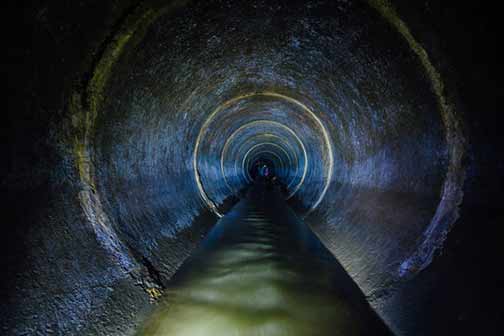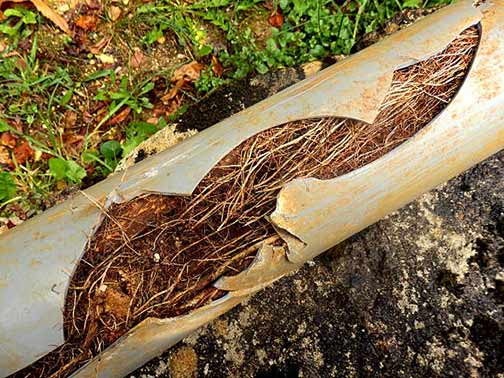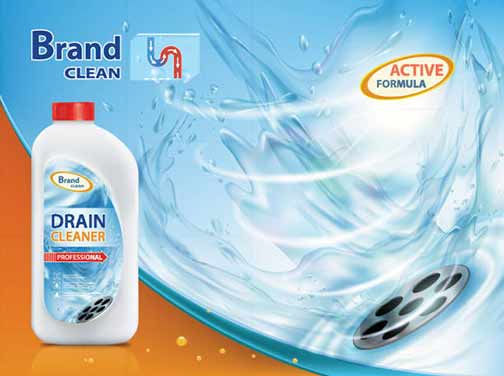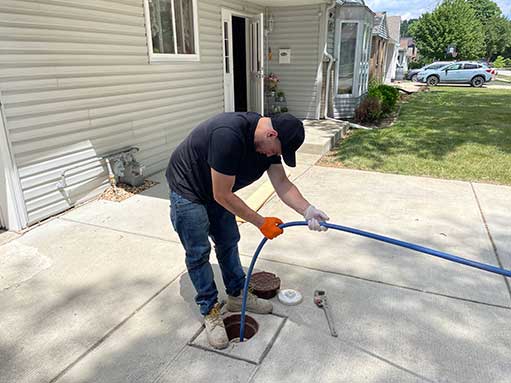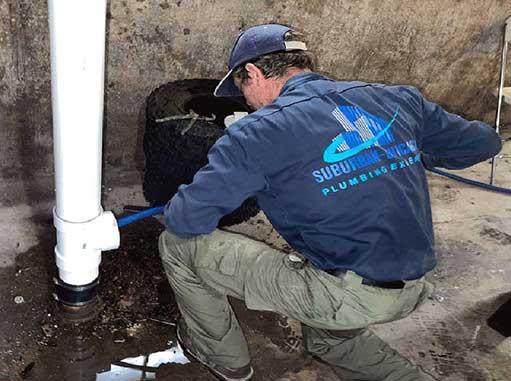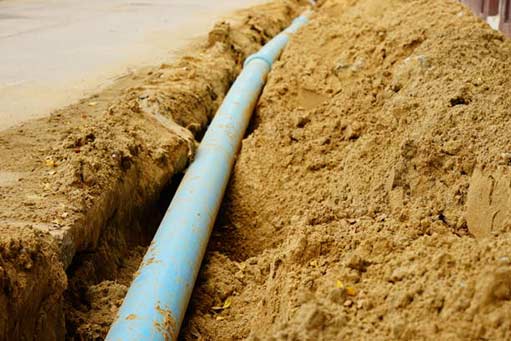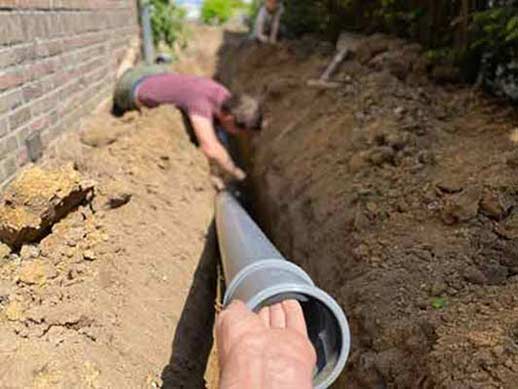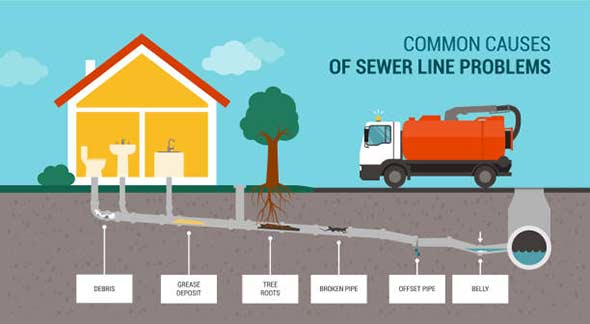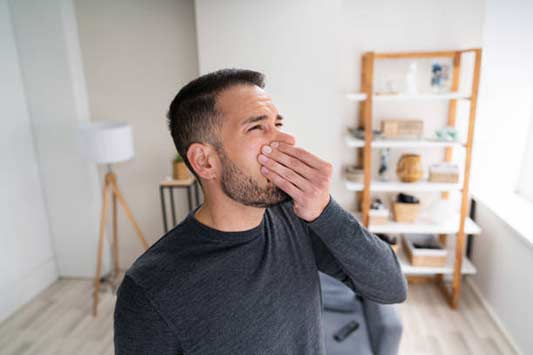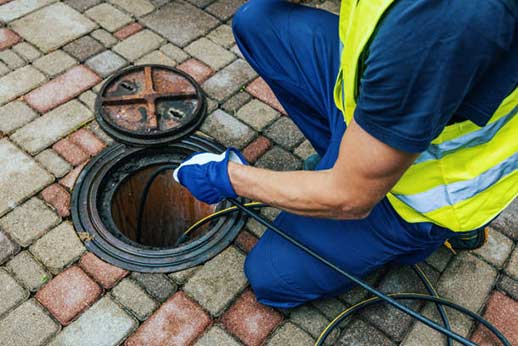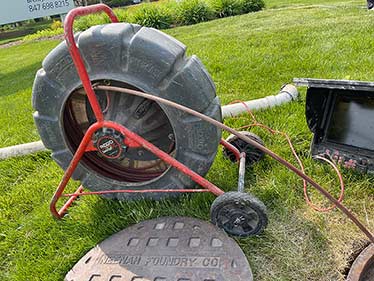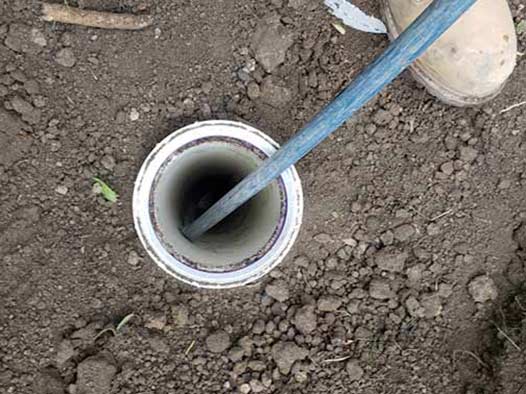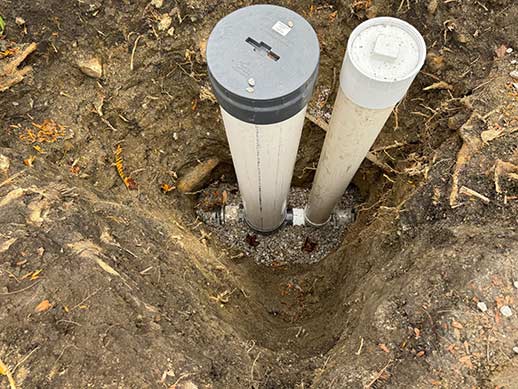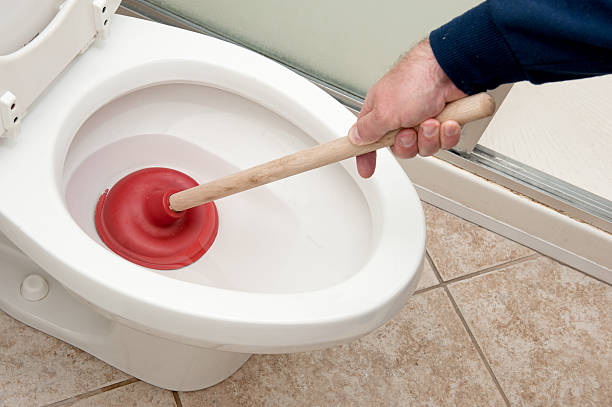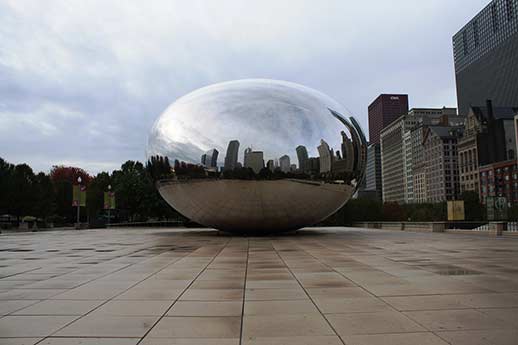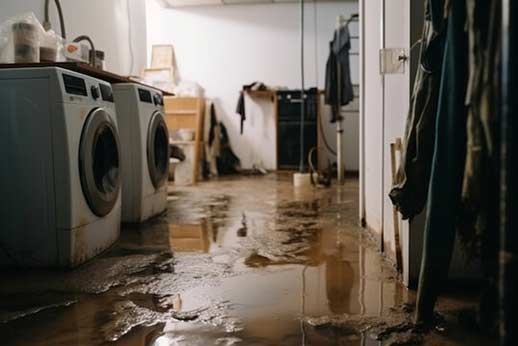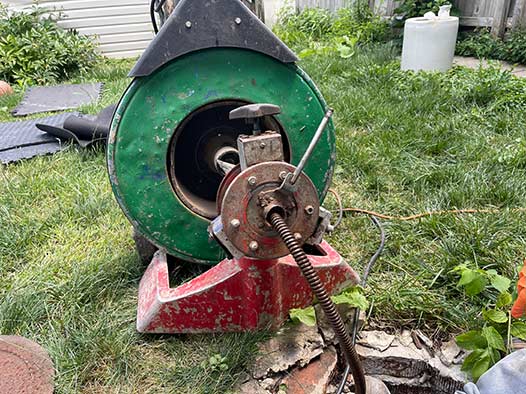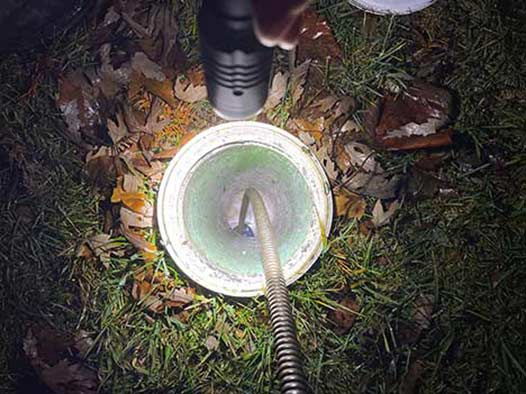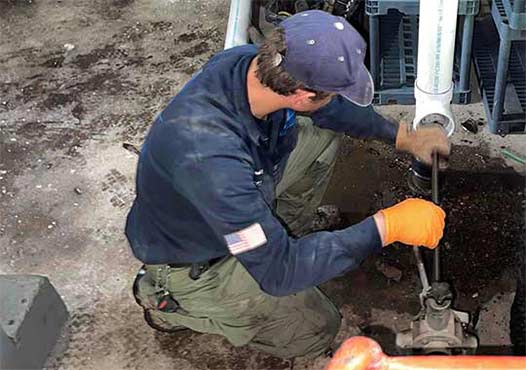In a city like Chicago, there are countless systems in place to ensure its smooth functioning. One such vital system is the sewer system. It may not be the most glamorous topic of discussion, but understanding the importance of sewer rodding is crucial for every resident and business owner in Chicago.
The Role of Sewers in Chicago
Before delving into the significance of sewer rodding, let’s first explore the role of sewers in Chicago. The sewer system is responsible for transporting wastewater and stormwater away from homes, businesses, and streets. It plays a critical role in maintaining public health, preventing flooding, and preserving the environment.
Chicago’s sewer system is an intricate network of underground pipes that span for miles and connect to treatment plants. These pipes collect and carry wastewater from toilets, sinks, showers, and other sources to ensure it is properly treated and disposed of. Additionally, the storm sewers collect rainwater and runoff to prevent water accumulation on the streets, reducing the risk of floods.
The Importance of Sewer Rodding
Sewer rodding, also known as drain rodding or rooter service, is a maintenance procedure that involves clearing the sewer lines of any obstructions or blockages. It is a preventative measure that aims to keep your home sewer system functioning optimally. Here are several reasons why sewer rodding is of utmost importance in Chicago:
Preventing Blockages and Backups
Over time, debris, grease, tree roots, and other foreign objects can accumulate in the sewer lines, leading to blockages. If left unaddressed, these blockages can cause sewage backups, which can result in property damage, health hazards, and significant disruptions. Regular sewer line rodding helps prevent these blockages, ensuring the smooth flow of wastewater and stormwater.
Maintaining Public Health
A properly functioning sewer system is critical for safeguarding public health. When sewer lines are blocked or compromised, wastewater can overflow into your home or business. This can contaminate the environment, exposing residents to harmful bacteria, viruses, and other pathogens. By regularly rodding sewer lines, the risk of sewage backup and potential health hazards is significantly reduced.
Minimizing Flooding Risks
Chicago is no stranger to heavy rainfall, and inadequate sewer maintenance can exacerbate the risk of flooding. When storm sewers are clogged with debris and sediment, rainwater cannot efficiently drain away, leading to streets and neighborhoods being inundated. Routine sewer rodding helps keep the sewer system clear, allowing rainwater to flow freely and minimize the chances of flooding.
Extending the Lifespan of Sewer Pipes
Regular sewer rodding helps extend the lifespan of sewer pipes. When blockages occur, the pressure within the pipes increases, potentially causing them to crack or burst. These pipe failures can be costly to repair and may require extensive excavation. By proactively clearing sewer lines, the stress on the pipes is reduced, contributing to their longevity and minimizing the need for costly repairs or replacements.
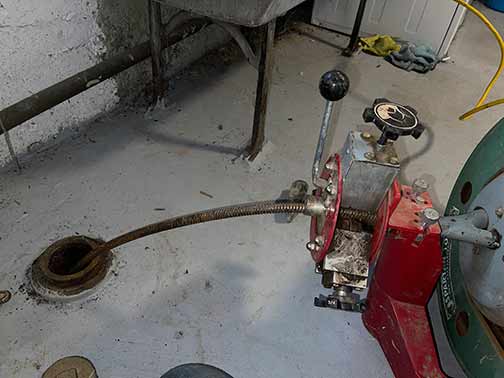
By scheduling periodic drain rodding services, you can proactively identify and address any potential blockages or obstructions before they escalate into major problems.
Best Practices for Sewer Rodding
While the significance of sewer rodding is evident, it is essential to approach this maintenance task with caution and expertise. Here are some best practices for sewer rodding:
Seek Professional Assistance
When it comes to sewer rodding, it is highly recommended to seek the services of a professional plumber in Chicago. Trained technicians have the knowledge, skills, and specialized equipment necessary to safely and effectively clear sewer lines. Attempting to perform a drain rodding without proper expertise can result in further damage or incomplete blockage removal.
Regular Maintenance Schedule
Establishing a regular maintenance schedule is key to preventing sewer issues. By scheduling periodic drain rodding services, you can proactively identify and address any potential blockages or obstructions before they escalate into major problems. The frequency of sewer rodding may vary depending on factors such as the age of the sewer system, the number of users, and the surrounding environment.
Use High-Quality Equipment
Professional plumbers utilize specialized sewer rodding equipment designed to effectively remove blockages without causing damage to the pipes. These tools, such as high-pressure water jetting service and mechanical rodding machines, ensure thorough cleaning while preserving the integrity of the sewer lines. Investing in high-quality equipment guarantees the best results and reduces the risk of complications.
Consider Preventative Measures
In addition to sewer rodding, implementing preventative measures can further enhance the functionality and longevity of the sewer system. Regularly inspecting sewer pipes, installing backwater valves, and educating residents about proper disposal practices can help minimize the occurrence of blockages and sewage backups.
While sewer rodding may not be the most glamorous topic, it holds immense importance in maintaining Chicago’s sewer system’s efficiency and preventing issues such as blockages, backups, and flooding. By understanding the significance of drain rodding and following best practices, both residents and business owners can contribute to the overall well being of the city while ensuring the longevity of the sewer infrastructure.
‘—
In need of sewer rodding service for your home or business in Chicago? Contact us below!
